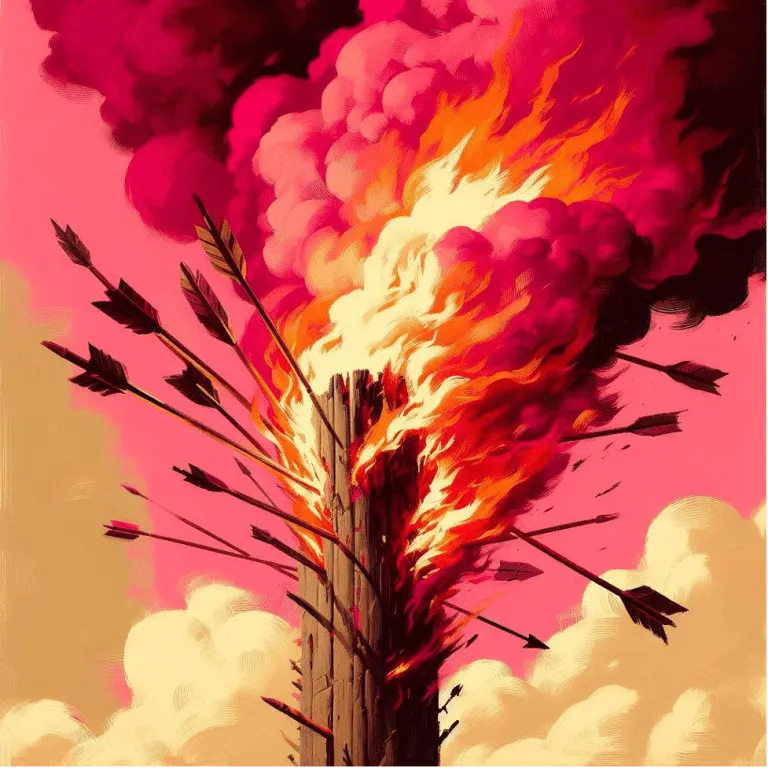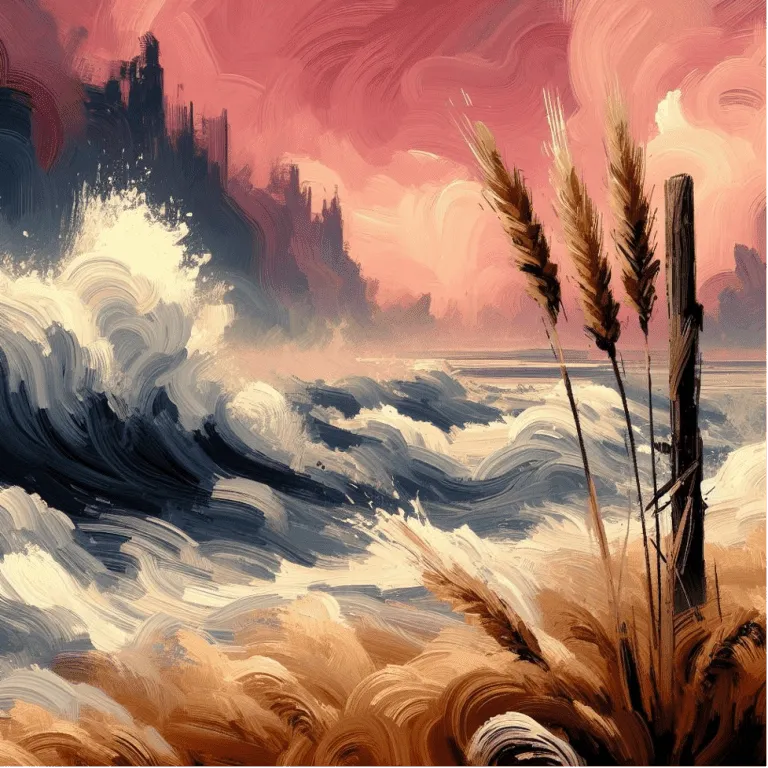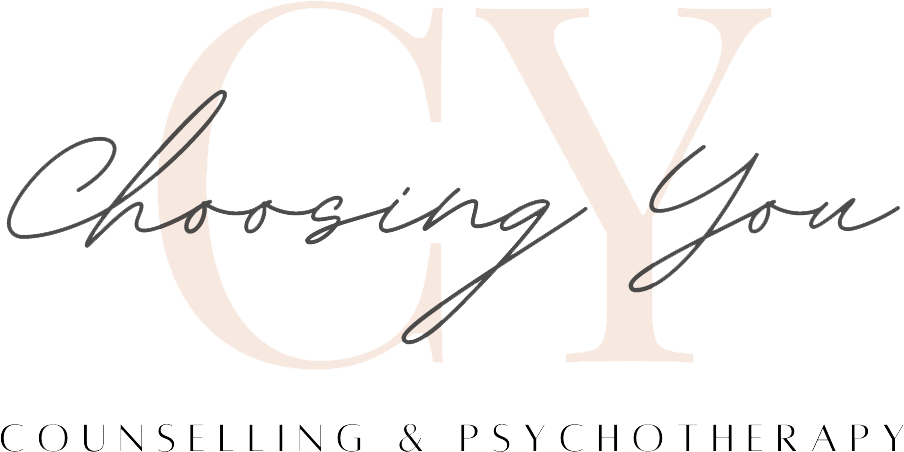Throughout history, human beings have endured traumatic events.
The sudden loss of a loved one, exposure to violence, or surviving abuse are obviously not experiences unique to the present. Yet, the concept of Post-Traumatic Stress Disorder (PTSD), or the enduring symptoms following experiencing a trauma, is often viewed as a contemporary phenomenon.
The formal diagnosis of PTSD is indeed a modern development of the 1980’s, as our historical cave brothers and Viking sisters did not speak to each other in terms of post trauma, symptoms, or flashbacks. But while the terminology used to describe and address the condition has evolved, the symptoms themselves have remained consistent. It is our comprehension of these symptoms that has transformed over time.

Historical records, though sparse for much of our past, reveal attempts to grapple with the aftermath of trauma.
Nineteenth-century military documents recount soldiers plagued by nightmares and flashbacks. A significant shift from past to present is the attribution of “blame” for these symptoms. Historically, individuals were often held responsible, their moral character called into question. In the early 20th century, when ancient warriors suffered from night terrors, society looked to mystical explanations, believing these to be the spirits of fallen enemies haunting them.
Such interpretations are understandable, as PTSD symptoms can manifest in dramatic ways, including personality changes and maladaptive reactions. Ancient records from around 400 BC describe a soldier who became blind after witnessing the death of a comrade in battle. In the absence of scientific knowledge, it was natural to attribute such profound changes to supernatural forces.
The lexicon surrounding trauma underwent a significant transformation during the World Wars. The bewildering array of symptoms was labeled with various terms such as “shell shock,” “combat stress reaction,” and “war neurosis”—each reflecting the limited understanding of the time. These conditions were often misinterpreted as cowardice, seen as a personal failing rather than a response to the horrors of war.

The journey of understanding PTSD is a testament to the evolving human perspective on mental health.
From attributing symptoms to moral weakness or supernatural causes to recognizing them as a medical condition, we have come a long way. Today, PTSD is acknowledged as a legitimate response to trauma, deserving of compassion and comprehensive treatment. As we continue to learn and grow, our approach to mental health reflects a deeper respect for the complexities of the human experience. This shift not only aids in healing those affected but also enriches our collective empathy and societal resilience.
As we continue to advance our understanding of PTSD, we must also recognize the courage of those who have endured trauma and the resilience they demonstrate in their recovery. The history of PTSD is not just a medical history; it is a human story of struggle, understanding, and ultimately, hope.
Check out the Canadian encyclopedia to learn more about the history of PTSD in Canada.

